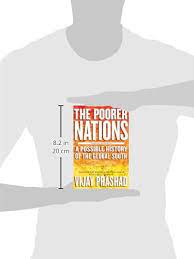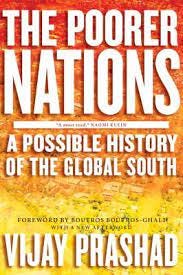The taking of state power by the people
The examples of Third World socialist vanguard states and parties
As is well known, the neoliberal project proposed and implemented the weakening of the state, in all regions of the world-economy, during the 1980s and the 1990s. However, less appreciated is the fact progressive forces during the period also weakened the state and promoted ideologies that advocated the weakening of the state, in most cases implicitly, but in some cases explicitly. In The Poorer Nations (2012, 2014), Vijay Prashad reports that there was, on the one hand, progressive support for NGOs, which took the place of the state in administering many social welfare programs, consistent with the neoliberal demand that the state abdicate its social justice functions. Although they have disguised themselves as grassroots organizations bringing empowerment to the people, NGOs for the most part are funded by large foundations distanced from the people. They give neoliberalism a community face, even as they dismember national economies and surrender to imperialist ambitions.
…



